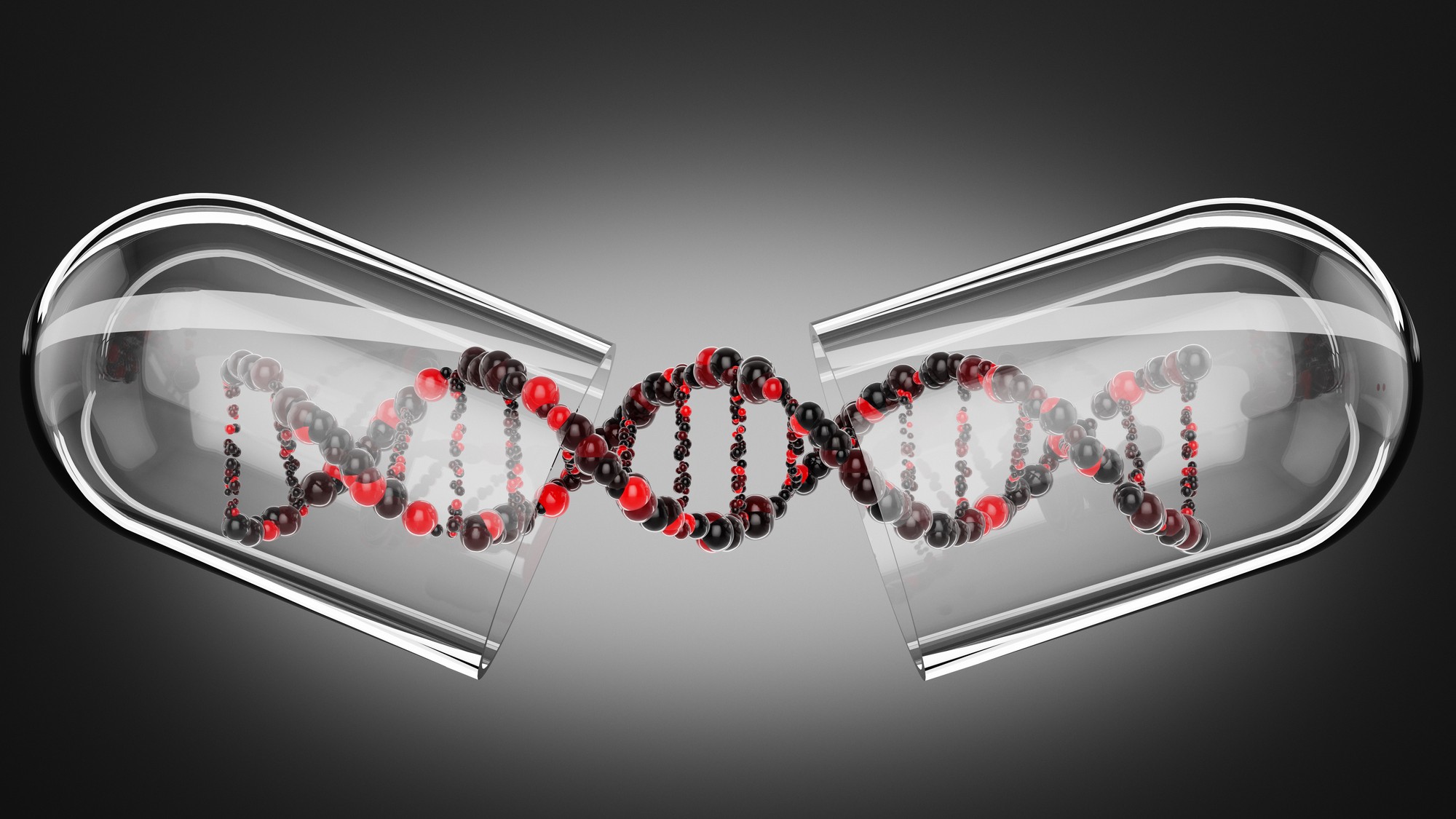Researchers at the Scripps Research Institute have made a groundbreaking advancement in the field of evolution, condensing a process that typically spans thousands to millions of years into mere minutes. This innovation, known as directed evolution, enables the rapid advancement of proteins, with significant implications for medical treatments and therapies.
Revolutionizing Protein Evolution
The concept of directed evolution involves the swift evolution of proteins by introducing beneficial mutations and selecting advantageous variants. According to a recent study published in the journal Science, the T7-ORACLE system developed by the Scripps team can accelerate evolution by an unprecedented 100,000 years, allowing for the introduction of mutations in just minutes.
Peter Schultz, a co-senior author of the study, described the process as akin to “giving evolution a fast-forward button.” Traditional directed evolution techniques required multiple rounds of DNA manipulation and testing, with each round taking over a week. In contrast, T7-ORACLE utilizes an engineered E. coli bacterium to host a second, artificial DNA replication system, operating independently of the cell’s own machinery. This innovation allows scientists to introduce mutations every time the cell divides, approximately every 20 minutes.
Christian Diercks, another co-senior author, emphasized the significance of this system, stating, “Instead of one round of evolution per week, you get a round each time the cell divides — so it really accelerates the process.”
Expanding Applications for Future Therapies
This method is not the only recent advancement in directed evolution. A study published in the journal Nature Communications in May 2025 introduced a platform called PROTein Evolution Using Selection (PROTEUS), capable of evolving proteins in mammalian cells. While directed evolution is not a new concept, the techniques have evolved significantly since Frances Arnold won the Nobel Prize in Chemistry in 2018 for her pioneering work in the field.
By employing Arnold’s approach, scientists can “breed” biomolecules similarly to agricultural practices, enhancing the speed and potential of protein evolution. The ability to expedite the evolutionary process in laboratory settings opens numerous opportunities for advancements in medicine.
Directed evolution has promising applications, including the development of new medicines and a deeper understanding of antibiotic resistance. This technology could facilitate the creation of proteins that target diseases, aid in diagnostics, and even lead to enzymes designed to break down persistent plastics, as noted by Caltech Magazine.
With this rapid evolution capability, Diercks stated, “What matters is that we can now evolve virtually any protein, like cancer drug targets and therapeutic enzymes, in days instead of months.” The potential impact of such advancements may reshape the landscape of medical treatments and environmental solutions, underscoring the importance of continued research in this dynamic field.
